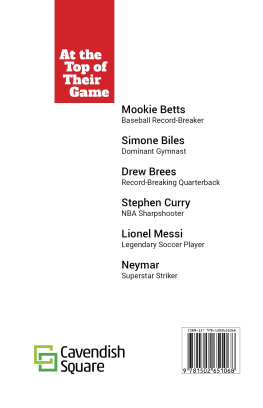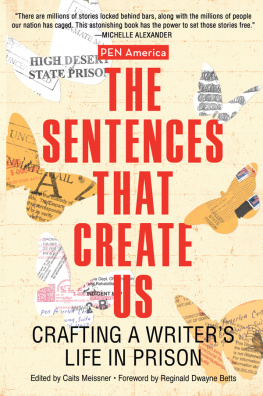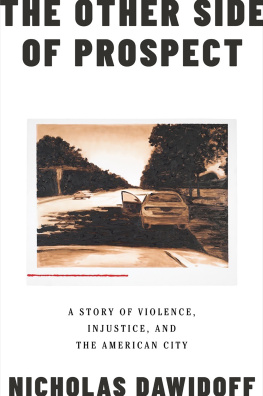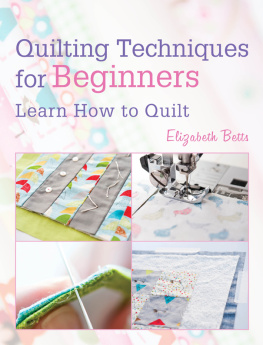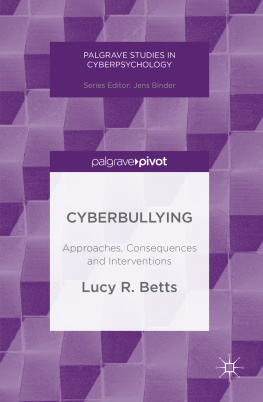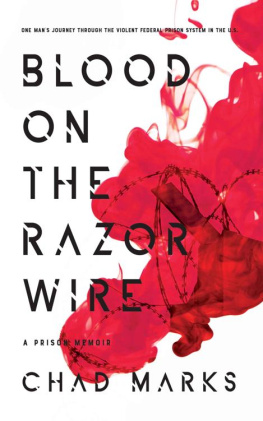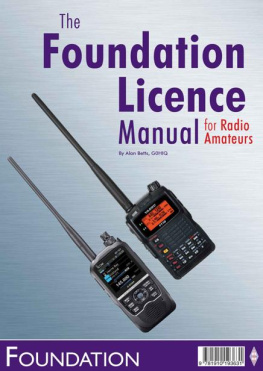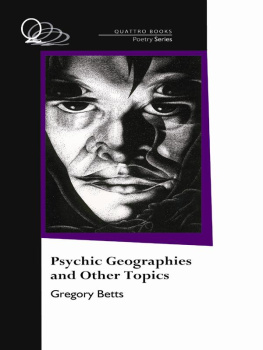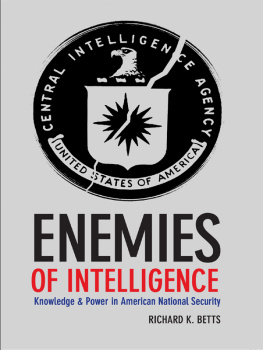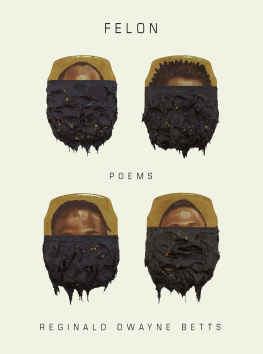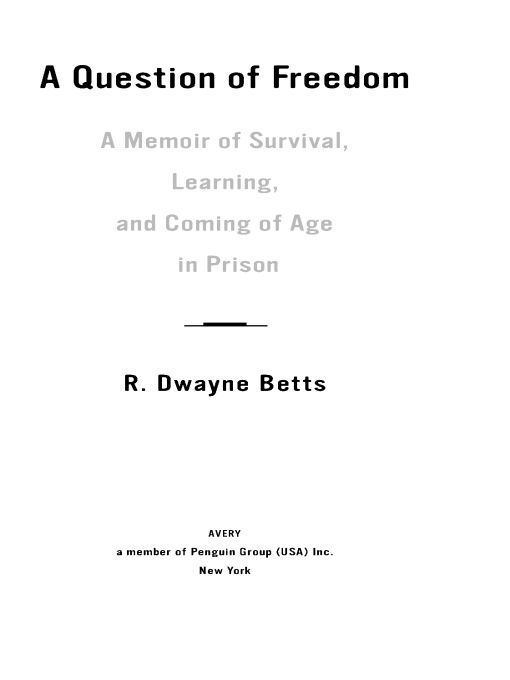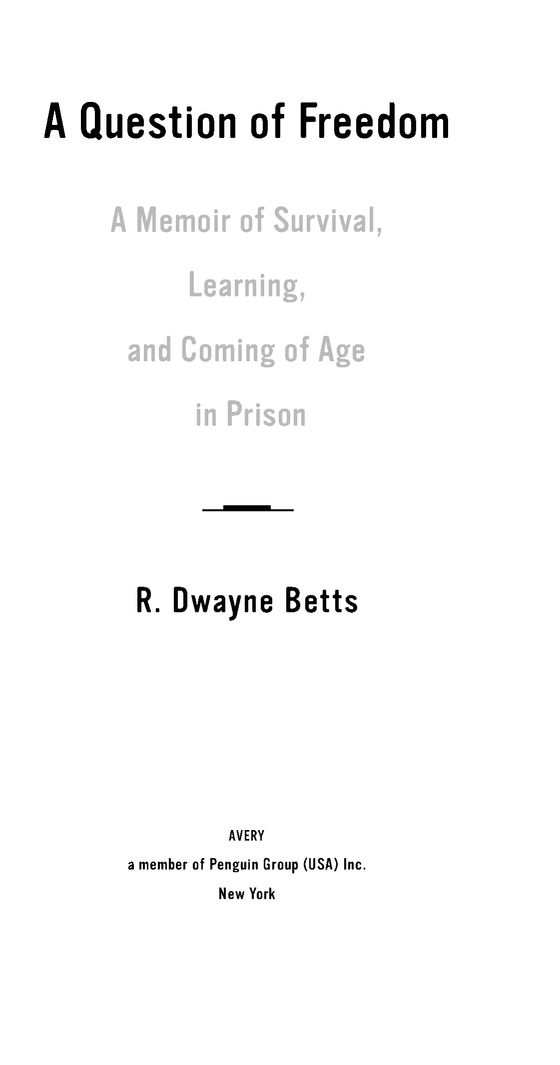Table of Contents
For my wife.
Terese Marie, I couldnt have written a word without you.
For my sonevery day my life means more because of you.
And for Moms, who forgave me and believed
even when Id soaked our life in tears.
Shahid Reads His Own Palm
I come from the dusty hands of men who used
the smoldering end of blunts to blow shotguns,
men who arranged their lives around the mystery
of the moon breaking a street corner in half;
past the sweat in my empty palms and the praying
woman knelt before Planned Parenthood. I come
from Swann Road written in a childs huge
and slanted block letters across a playground fence,
the orange globe with black stripes in Bishops left
hand, untethered and rolling to the sideline,
a crowd open-mouthed, waiting to see the end
of the sweetest crossover in a Virginia state prison.
I come from Friday nights humid and musty air,
Junk Yard Band cranking heavy in a stolen Bonneville,
a tilted bottle of Wild Irish Rose against my lips,
and King Hedleys secret written in the lines of my palm.
I come from beneath a cloud of white smoke, a lit pipe
and the way glass heats rocks into a piece of heaven.
A bullet in an unfired snub nosed revolver, tofu scrambled
with garlic and purple onion, and every day
the small muscles in my finger threaten to pull
a trigger, slight and curved like my womans eyelashes.
PART I
The New World
This hour I tell things in confidence,
I may not tell everybody but I will tell you.
Walt Whitman, Song of Myself
[1]
Thirty Minutes
Sixteen years hadnt even done a good job on my voice. It cracked in my head as I tried to explain away the police car driving my one hundred and twenty-six pounds to the Fairfax County Jail. Everything near enough for me to touch gleamed with the color of violence: the black of the deputys holstered guns, the broken leather of the seat I sat on and the silver of the cuffs that held my hands before me in prayer. When I closed my eyes I thought about the way the gun felt in my palm. I tried to remember what caliber pistol it was, but couldnt. It was automatic and weighed nothing in my palm, and I couldnt figure how something that weighed nothing could have me slumped in the back of a car driving me away from my life. My wrists almost slipped through cuffs that held me captive as jailhouse dangers swirled red in my head.
I want to tell you that I could talk tough, that I was going over every way I knew to say fuck you. But I wasnt. There were titles of movies and books on my mind: Shawshank Redemption; American Me; Blood In, Blood Out; Makes Me Wanna Holler; Racehoss; The Autobiography of Malcolm X. Every movie or book Id ever read about prison bled with violence and I knew the list I was making in my head could go on forever. Stories of robbery, rape, murder, discrimination and what it means to not be able to go home. Sixteen years old and I was headed to a jail cell, adding my name to the toll of black men behind bars. Not even old enough to buy liquor or cigarettes, but I knew Id be stepping into the county jail in minutes and that my moms was at home somewhere crying.
When I tried to part my hands I thought about the violence, about how real it is when a cell door closes behind you at night. I thought about needing a knife, cause from what I knew everyone needed a knife. I stared at my shackled feet. I hadnt seen my Timberlands since the day I was arrested, three months earlier.
I was getting ready to learn what it meant to lock your thoughts inside of yourself and survive in a place governed by violence, a place where violence was a cloud of smoke you learned to breathe in or choked on. Sometimes theres a story thats been written again and again, sometimes a person finds himself with a story he thinks will be in vogue forever. The story is about redemption, about overcoming. A person finds that story and starts to write it, thinking it will do him some good to tell the world how it really was. Thats not this story. This is about silence, and how in an eight-year period I met over a dozen people named Juvenile or Youngin or Shorty, all nicknames to tell the world that they were in prison as young boys, as children. We wore the names like badges of honor, because in a way, for some of us, it was all we had to guard us against the fear. And we were guilty and I was just like everyone else: I thought about the edge of a knife.
My world before incarceration was black and white. Suitland, Maryland, the closest thing to the black belt that Id ever seen. And it wasnt just that there were no white people in my community, it was that as a kid we always saw the white people around us as intruders or people looking to have power. Teachers, firefighters, cops or the white folks we saw on buses and trains who we imagined driving into D.C. from their nice neighborhoods to work. One night at a mall in Springfield, Virginia, changed my world. It only took thirty minutes. Brandon and I walked into a mall that literally had more white people in it than Id ever seen at one time. And we had walked in looking for someone to make a victim. Both of us were in high school. We should have been thinking homework, basketball and pretty girls. Driving to the jail brought the night in Springfield fresh to my memory. Somewhere between pulling out a pistol that fit nicely in the palm of my hand, tapping lightly on the window of a forest green Grand Prix and waking the sleeping middle-aged white man with the muzzle of the burner, I committed six felonies. It was February of 1996 and I was a high school junior. Id never held a gun before and was an honor student who could almost remember every time the police had spoken to me, but I knew none of that mattered as my face pressed against the window of the cruiser.
I wore a sweater of swirling greens and oranges woven and layered as collage; a cheap imitation Gucci that I had buried long ago in my closet. I remember when my moms bought it. I begged for the sweater, thinking if it fooled me it would fool my friends. I was dead wrong. The first time I wore it to school six people joned on me, cut me up so bad that I dumped it under a rack of old clothes and books. It happened a year before I got locked up, when I was in tenth grade and impressing the finest girl in my chemistry class ruled every other ambition. The sweater resurfaced when I needed court clothes. My mother told me that I needed something nice to wear to court. The judges were always white. There may have been black judges but I never saw or stood before one the entire time I trekked back and forth to court. The juvenile judge who watched me stand uncomfortable in the sweater I ended up wearing to the jail didnt care how I looked. He stared at the charges before me and agreed with the prosecutor to pass me over to adult court before I could speak. It was all policy, a formality that my lawyer knew about. He told me, Dont worry. This was a formality I knew was coming. The law says that certain charges are automatically certifiable, and carjacking is one of them, but in Circuit Court the judge will have more discretion.
What he was really saying was that nothing I wore mattered. Clothes could hide me no more than days of smoking weed made people think I was built for running the streets. The law said the gun, the carjacking, the robbery all made it an argument we couldnt win. Three things that meant my past didnt matter and certification as an adult was automatic. Its like the car, the cuffs, the shackles and even the drive were as good as guaranteed when I pulled a pistol on that sleeping white man.


